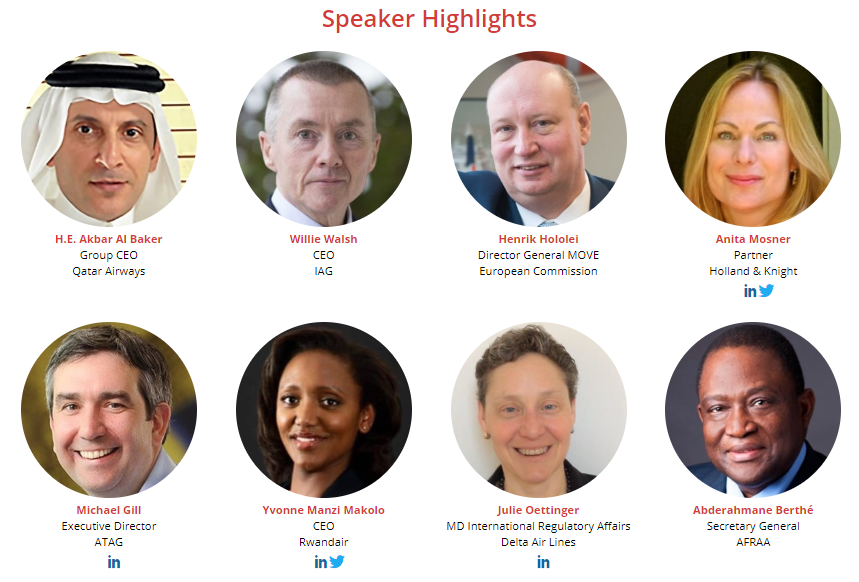Latest International Air Transport Association (IATA) data for global air freight markets shows that demand, measured in freight tonne kilometres (FTKs), decreased by -1.1% in Nov-2019, compared to the same period in 2018. This marks the thirteenth consecutive month of year-on-year declines in freight volumes.
However, on a positive note, despite another decline in demand, the Nov-2019 performance was actually the best in eight months, with the slowest year-on-year rate of contraction recorded since Mar-2019. But, Alexandre de Juniac, IATA's director general and CEO puts some context behind the improvement, describing it as "a big disappointment considering that the fourth quarter is usually air cargo's peak season".
While international e-commerce continues to grow, overall air cargo demand continues to face headwinds from the effects of the trade war between the US and China, the deterioration in world trade, and a broad-based slowing in global economic growth. Mr de Juniac says thawing in US-China trade tensions is "good news," but says trading conditions "remain very challenging".
Despite the demand dip, freight capacity, measured in available freight tonne kilometres (AFTKs), still rises. IATA says AFTKs were up +2.9% year-on-year in Nov-2019 seeing capacity growth outstrip demand growth for 19 consecutive months.
Looking from a regional perspective airlines in Asia-Pacific, Latin America and the Middle East suffered sharp declines in year-on-year growth in total air freight volumes in Nov-2019, while North American carriers experienced a more moderate decline. Europe and Africa were the only regions to record growth in air freight demand compared to Nov-2018.
This subject will be one of the discussion topics at the forthcoming CAPA Qatar Aviation Aeropolitical and Regulatory Summit, which returns for a second edition in Doha in Feb-2020. CAPA - Centre for Aviation will once again address the latest developments in aviation regulation, both within the Gulf Cooperation Council countries and globally.
As the foremost authority on aviation in the world, CAPA - Centre for Aviation's events provide cutting edge knowledge about strategic market trends and dynamics to help attendees make informed decisions, delivering the information and connections needed to inspire and improve business. The CAPA Qatar Aviation Aeropolitical and Regulatory Summit will take place in Doha, Qatar between 4-6 February 2020.
It is a high level forum dedicated to addressing the latest development in aviation regulation, both within the Gulf Cooperation Council countries and globally. Alongside this topic, discussions will be centred around Europe's aviation relations with the world, a post Brexit world and its repercussions, North America's approach to open skies, how open skies have helped Asia's emerging markets, Africa's pathway to liberalisation with SAATM, airport privatisation and infrastructure, air cargo and industry sustainability.
It's hardly a secret that the airline industry is facing myriad challenges, notably in the marketing and distribution areas, as companies with personalised data, and the analytics and artificial intelligence to go with it, become greater threats to the stability of the traditional airline model. This event, hosted at the Sheraton Grand Doha Resort & Convention Hotel, is a forum for debate and discussion of strategic issues facing the aviation industry and it is attracting delegate interest from across the globe.
FIND OUT MORE… visit the CAPA Qatar Aviation Aeropolitical and Regulatory Summit homepage to find out more about this not-to-be-missed opportunity to discuss relevant issues impacting the aviation sector and learn meaningful insights from your industry peers.

